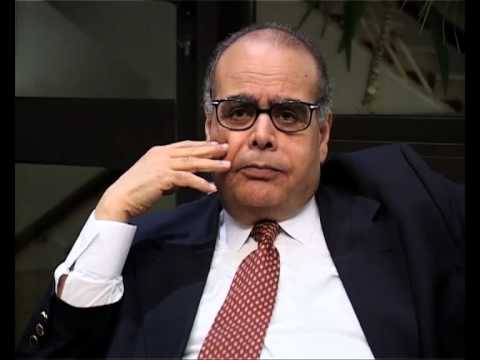Books By Nasr Hamid Abu Zayd
6,39 د.ا Original price was: 6,39 د.ا.4,97 د.اCurrent price is: 4,97 د.ا. 7,10 د.ا Original price was: 7,10 د.ا.5,68 د.اCurrent price is: 5,68 د.ا. 7,10 د.ا Original price was: 7,10 د.ا.5,68 د.اCurrent price is: 5,68 د.ا. 8,52 د.ا Original price was: 8,52 د.ا.7,10 د.اCurrent price is: 7,10 د.ا. 7,10 د.ا Original price was: 7,10 د.ا.5,68 د.اCurrent price is: 5,68 د.ا. 8,52 د.ا Original price was: 8,52 د.ا.7,10 د.اCurrent price is: 7,10 د.ا. 8,52 د.ا Original price was: 8,52 د.ا.7,10 د.اCurrent price is: 7,10 د.ا. 8,52 د.ا Original price was: 8,52 د.ا.7,10 د.اCurrent price is: 7,10 د.ا.
